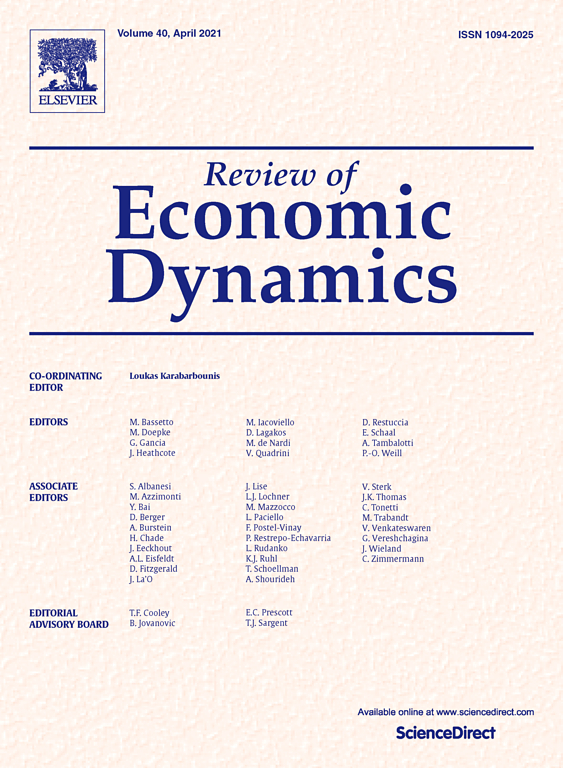
Toward a Taylor Rule for Fiscal Policy
In DSGE models, fiscal policy is typically described by simple rules in which tax rates respond to the level of output. We show that there is only weak empirical evidence in favor of such specifications in US data. Instead, the cyclical movements of labor and capital income tax rates are better described by a contemporaneous response to hours worked and investment, respectively. We show that conditioning on these variables is also desirable from a normative perspective as it significantly improves welfare relative to output-based rules.





